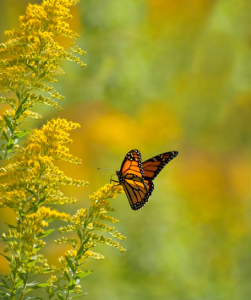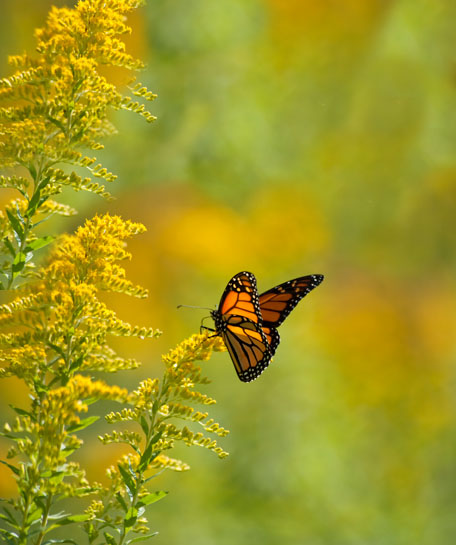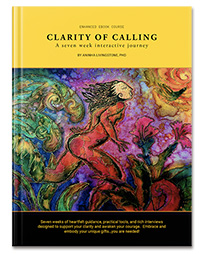
The Ecology of Health
By Aninha Livingstone, Ph.D.
Originally posted on RainbowLight.com Blog
There is a growing recognition that we are dependent upon our precious planet and her on-going generosity and health.
There is a burgeoning awareness that all of humanity is connected, as electronic wizardry breaks the spell of time and space, and we collectively face growing changes in weather patterns that do not discriminate.
There is an awakening to what earth-based cultures have always known, that what we do to the earth, we do to ourselves, and to all living things.
And yet, our conception of health can remain captive to the old paradigm of separation. Plagued by overwhelm, it is all too easy to close our minds and hearts to our collective well-being and focus solely upon our personal best.
It is an understandable response. Why create greater stress, one of the primary causes of ill health, by turning our attention toward that which may evoke grief, anger, despair, or powerlessness?
The truth is, whether we turn towards or away from the health needs of our planet, and our fellow humans, we are affected. Even numbness is a response. In fact, it is a testament to how deeply we are impacted, and to the need for a newfound resiliency.
Healthy organisms depend upon the ability to be sensitive to changes in the environment and to adjust accordingly. It is our biological imperative to listen and respond.
This is supported by biologist Ludwig von Bertalanffy’s, General Systems Theory, which posits that all systems self-correct through feedback, from eco-systems to governments. This affirms our innate capability to self-regulate in changing times, and to evolve in complexity in order to meet new demands.
Let us celebrate our capacity to be affected as a sign of our collective and intact health! And, let us trust that we can evolve and discover new ways to be in relationship with ourselves and with the world that promote mutually beneficial results.
Here are a few revitalizing concepts that can help us to more fully embody the paradigm of connectedness, and support our capacity to care for ourselves, and the world as one.
- Expand our minds: The Ecological Self, a term coined by philosopher Arne Naess invites us to expand our sense of self beyond the human world. A wonderful example of this is the Australian environmentalist John Seed who proclaimed, “I am the rainforest protecting itself,” as he worked to save the sub-tropical rainforests of New South Wales.
One could say, the separate self attempts to fix while the connected self participates, finding sustenance in doing so. It is by acknowledging what breaks our heart or incenses us that we tap into our deeper sense of belonging to the whole.
I have experienced an angst about racial injustice most of my life. We each carry exquisite sensitivities to the world we live in. What are yours? - Expand our Hearts: Soul Activism, a concept offered by writer and psychotherapist Francis Weller, speaks to our unique expression of caring, ranging from the mystical to the political. There is no right way to respond, nor is any act too small. There is just deep listening to how we are affected, and to what creative and heartfelt response wants to arise.
One way that I respond is by participating in racial healing circles that build bridges over troubled waters. Is there an action you are called to take? - Expand our Reach: Active Hope coined by Buddhist scholar and activist, Joanna Macy redefines hope as something we do, rather than something we have. She encourages us to clarify the change we long to see, and to participate as a way of embodying hope.
I want to see a world in which we consciously face our fear of otherness, so that we may cast a wider net of belonging. What do you hope for?
When our outward expression is aligned with our deepest values we are living in ecological health. May we each gravitate to where we are called, and hence where we are needed, and in so doing be fortified.

